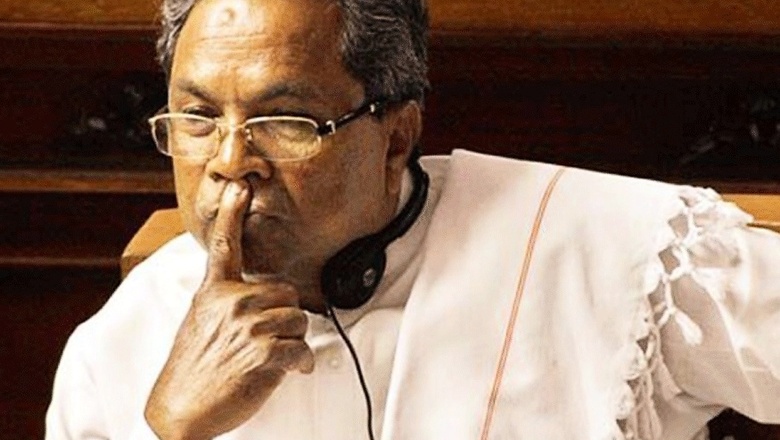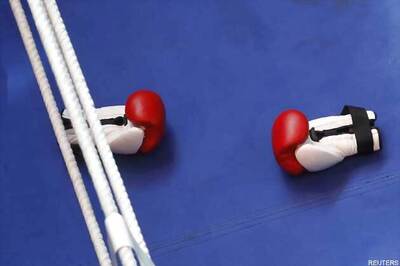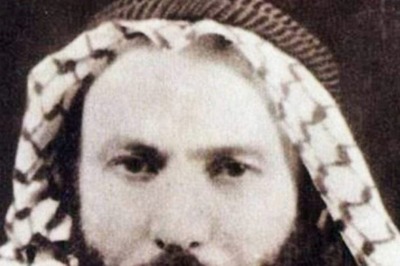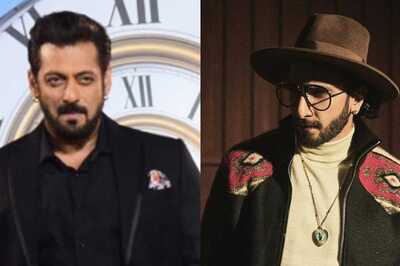
views
Bengaluru: It's a temporary truce that doctors working for private hospitals have agreed to in Karnataka, with the Government extending an olive branch on the contentious new law to rein in the private sector that has often been accused of over-charging for medi-care.
Late Friday evening, doctors who have been on strike in phases for the last few weeks agreed to unanimously call off their protests. This happened after a comedown of sorts by the Siddaramaiah government, which agreed to revise some provisions that doctors were agitating against.
The Karnataka government will now table a revised version of the Karnataka Private Medical Establishments Act on Monday in the State Legislature session -- one that has more stringent provisions against inflated costs for patients and one that aims at better cause of action that patients will have against doctors in cases of medical negligence.
The Bill had been opposed by members of the Indian Medical Association, who have held dharnas and stopped outpatient and non-emergency services at hospitals across the State. The doctors had argued that a prison term for negligence -- that the Bill proposed -- would be counterproductive as doctors would not be able to take quick decisions in emergency cases. This provision, however, will now be dropped, the government has assured them.
What the Bill proposes is to empower patients and their families to take their concerns on either negligence or exploitative costs to a district-level grievance redressal committee -- where doctors and private hospitals will be given a chance to respond too. Further, doctors can also file complaints against frivolous or unfair petitions submitted by patients.
The Bill also proposes to act against hospitals that refuse to release dead bodies of patients unless full costs are paid up to the last penny -- a common grouse has been that dead persons are held to ransom by hospitals, who agree to release it only after the last penny is paid up.
"It is not the government's intention to harass doctors. But to bring in accountability. We will also bring in all our health services under a Universal Health Card that will help everyone gain access to good healthcare," Chief Minister Siddarmaiah said, after a three-hour-long meeting with the protesting doctors.
While the government sought to prescribe rates of different services, it has now also come down on this concern -- hospitals in all likelihood will be allowed to charge their rates, but have to transparently inform patients about this before hand, either on a notice board or in an estimated-bill to patients and their families. For patients from below-poverty-line families, there will be heavy discounts that have to be compulsorily given by private hospitals (but the government will bear these expenses). And for patients above the poverty line, some discounts (perhaps 30 per cent) will be given on certain services -- which again, will be borne by the government, while patients have to foot the rest of the bill.
The issue of costing, in fact, had been one that many organisations had been favouring -- there were even non-government organisations that held dharnas at Bengaluru's Town Hall to seek immediate enforcement of the KPME Act -- a counter-protest to the doctors.
An activist with the Karnataka Janarogya Chaluvali, Gowri (she doesn't use a second name), says their group will study the new provisions of the Bill on Monday and then decide if they carry on further demonstration to have more stringent controls on costing.
"Almost all hospitals exploit. However educated you may be, when the hospital asks you to pay money upfront, you won't argue or try to bargain because you are worried they may not take care of your kin admitted in that hospital. So you just pay without questioning. We need to bring in some controls on this," Gowri told News18.
The compromise between the striking doctors and the government was perhaps nudged along after a Public Interest Litigation came up in the High Court that challenged their right to strike. A division bench did not take too kindly to the protests.
"Right to Life is a fundamental right ... and doctors cannot be insensitive to the plight of patients... damage done to a patient is irretrievable.. we direct all doctors to restore services forthwith," the bench ordered, after three hearings over two days.
Acting CJ HG Ramesh in fact took both doctors and their lawyers to task: "The law is not even tabled yet, but doctors are on strike. If you feel the law is arbitrary or unreasonable or against the Constitution, you can come before us. Any new law is subject to the scrutiny of courts. But going on the streets (on strike) is not helping, as this profession (doctors) is not comparable to any others. This is a rule-of-law society, disputes are not decided on the streets," he lashed out.
In fact, doctors were so worried about the fireworks in the court that at the first hearing on Thursday, they shied away from going in front of the bench though the judges called out in the court hall to see if any of the association members were present. "Let us leave it to the lawyers, if we go up, we would have to commit ourselves," they were heard saying to each other at the back of the hall. While on Thursday the court "requested" them to call off their strike, on Friday, the language changed to "directed."
It was only when it became clear that sticking to the strike would put them in contempt, that the compromise talks with the government moved faster.
But this story is not over yet. The High Court will continue hearing the PIL -- which seeks action by the Medical Council to de-licence those doctors who held unconstitutional protests.




















Comments
0 comment